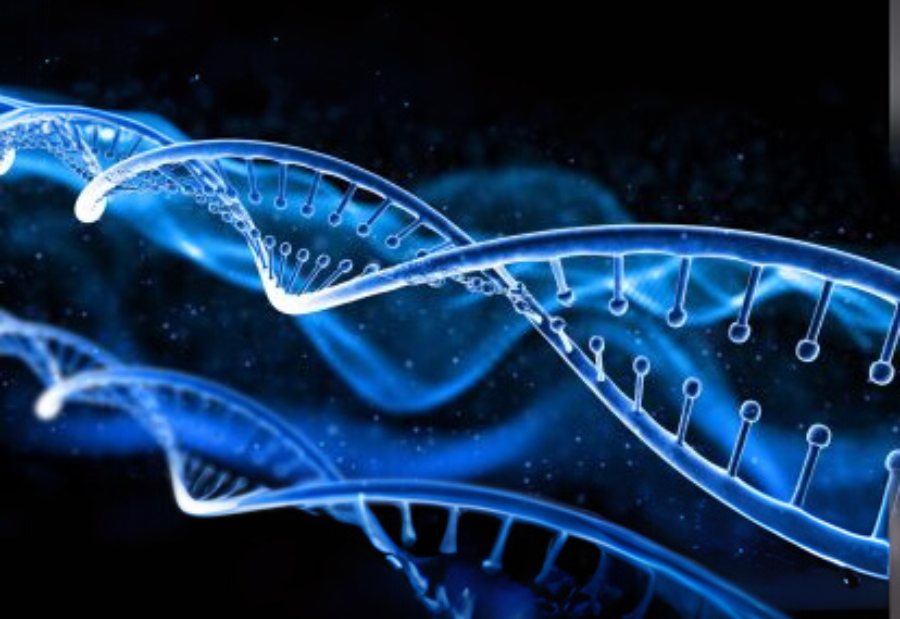Artificial intelligence has reached a major milestone in biotechnology with researchers at Stanford and the Arc Institute successfully creating the world’s first genome designed entirely by AI. In a breakthrough development, the AI generated virus is capable of infecting and killing bacteria.
Scientists have earlier used AI to design proteins and small multi gene systems, but building a complete genome is far more complex. A genome requires not just multiple genes but also regulatory switches that allow an organism to grow, reproduce, and survive. Until now, assembling all of these elements in harmony was a significant challenge.
For their experiment, the researchers selected bacteriophage ΦX174, a tiny virus that infects E. coli bacteria. Despite its size, this virus has a challenging genome made up of 5,386 DNA letters and 11 genes, many of which overlap. ΦX174 holds an important place in history as it was the first genome to be sequenced in 1977 and the first to be synthesised in 2003. Now, it becomes the first to be designed by AI.
To achieve this, the scientists trained a genomic language model called Evo on thousands of genomes from the virus family so that it could learn the genetic patterns of ΦX174. With specific prompts, Evo generated thousands of potential genome designs. The researchers then developed custom software to ensure that each design included all key genes and essential proteins needed to infect E. coli.
In the next stage, hundreds of these AI generated genomes were synthesised in the laboratory and tested by inserting them into bacteria to see if they could reproduce. From these tests, 16 new functional viruses emerged. Each one carried dozens to hundreds of mutations never found in nature.
One remarkable design even included a DNA packaging protein borrowed from a distant viral relative, an achievement that human engineers had previously attempted without success. Using cryo electron microscopy, researchers confirmed that the novel protein fit perfectly inside the virus shell and functioned as expected.
The team had trained Evo on 2 million viruses before instructing it to create entirely new ones. Out of 302 attempts, 16 proved successful in the lab. The AI designed viruses introduced 392 new mutations, including combinations that scientists had failed to produce manually. In some cases, when bacteria developed resistance to natural viruses, the AI created versions were able to bypass these defenses within days.
This achievement marks a new chapter in biotechnology, moving from reading DNA through sequencing, to writing DNA through synthesis, and now to designing DNA with AI. It highlights the transformative potential of artificial intelligence not just in education, productivity, or creativity, but also in scientific discovery. The breakthrough underscores the boundless opportunities AI offers for advancing research and creating solutions previously thought impossible.
Also read: Viksit Workforce for a Viksit Bharat
Do Follow: The Mainstream formerly known as CIO News LinkedIn Account | The Mainstream formerly known as CIO News Facebook | The Mainstream formerly known as CIO News Youtube | The Mainstream formerly known as CIO News Twitter |The Mainstream formerly known as CIO News Whatsapp Channel | The Mainstream formerly known as CIO News Instagram
About us:
The Mainstream formerly known as CIO News is a premier platform dedicated to delivering latest news, updates, and insights from the tech industry. With its strong foundation of intellectual property and thought leadership, the platform is well-positioned to stay ahead of the curve and lead conversations about how technology shapes our world. From its early days as CIO News to its rebranding as The Mainstream on November 28, 2024, it has been expanding its global reach, targeting key markets in the Middle East & Africa, ASEAN, the USA, and the UK. The Mainstream is a vision to put technology at the center of every conversation, inspiring professionals and organizations to embrace the future of tech.




